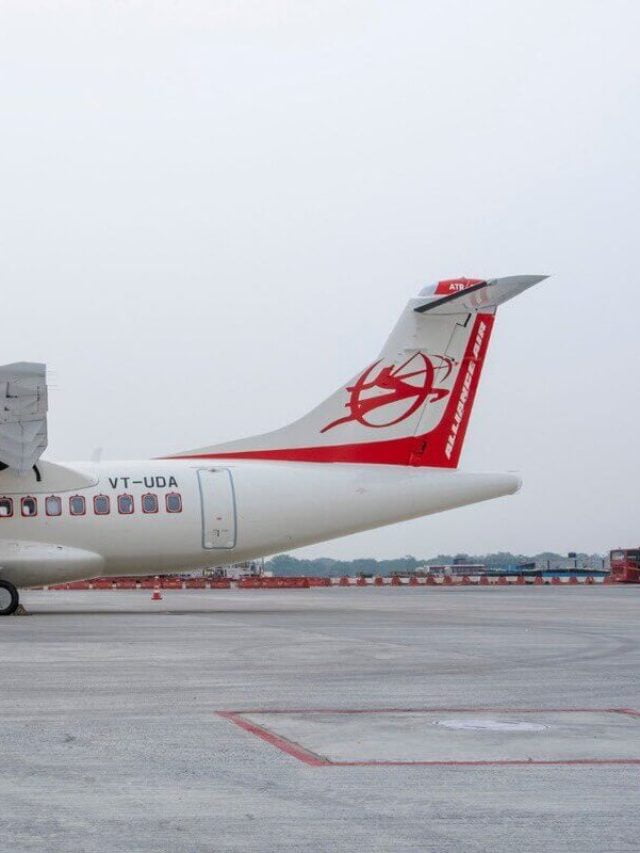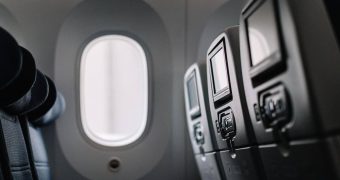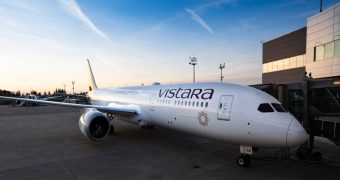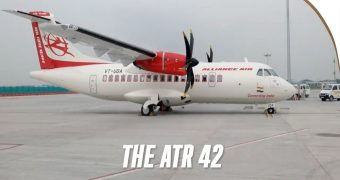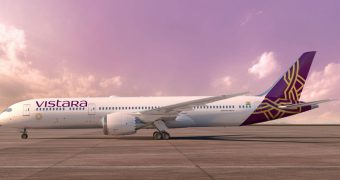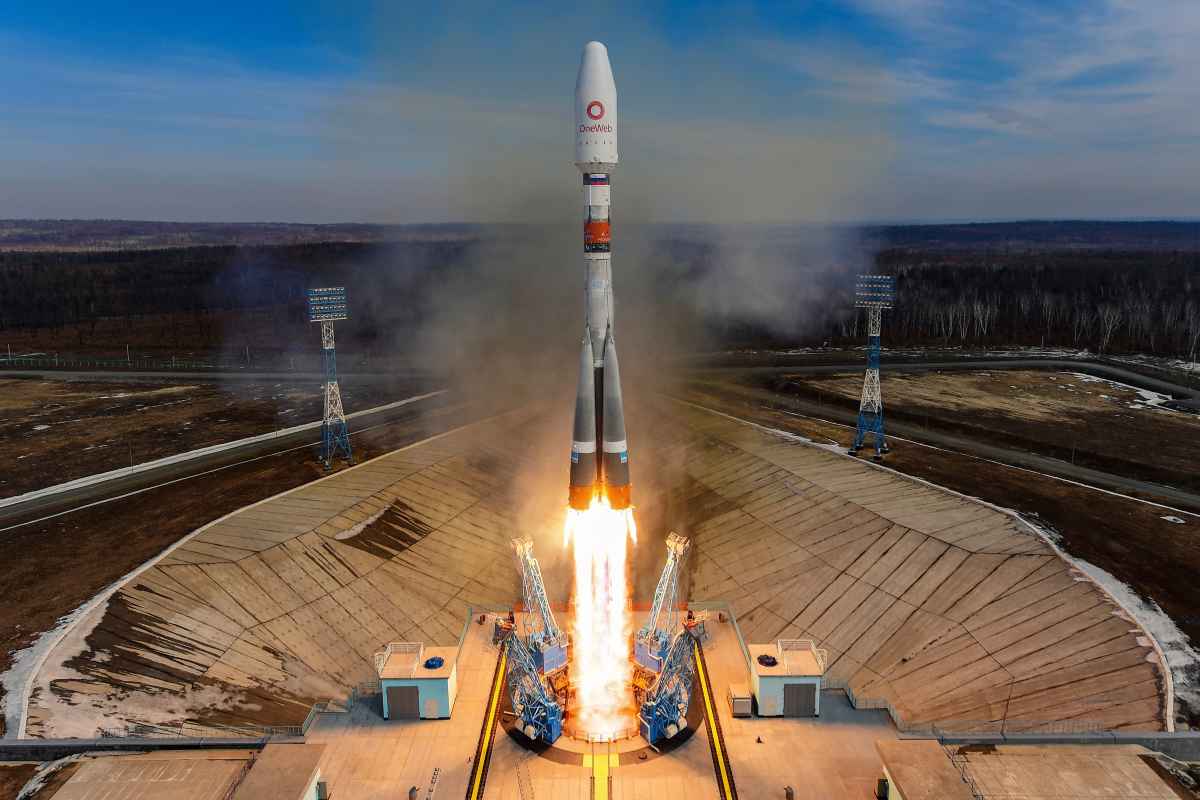
Malaysia Airlines is in a precarious position as a result of the pandemic. The airline has had to deal with some of the most stringent COVID limitations, and has made no bones of the financial hardships that these obstacles have generated.
The intense competition in Malaysia is altering, according to the COO, in addition to all the other obstacles it has in recovering from the pandemic.
Prior to the pandemic, the AirAsia Group, which included AirAsia, AirAsiaX, and several lifestyle products including the Super App, was its main local competition. This group, renamed Capital A, is similarly poised for expansion and well-positioned to compete with the newly restructured Malaysia Airlines.
But that isn't the only local rival it has to contend with. In early 2022, the Malaysian government allowed the creation of two new airline companies.
Malaysia Airlines' forward intention is to create value to its customers and being the best it can be. This isn't just a service; customer happiness has been designated as a Key Performance Indicator (KPI) — a metric by which airlines and other businesses assess their performance.
On-time performance, revenue per available ticket, and operating profit margins are common KPIs for most airlines. Naturally, MAS will keep all of them, but has added two more. The first is concerned with flight dispatch and ensuring that any aircraft dispatched to work earns enough money to pay all of its expenditures. At this point, cash retention is critical.
Malaysia Airlines' collaboration with IBS Software has allowed the airline to gain a deeper understanding of what its customers want, why they choose to fly with MAB, and how it can improve. Malaysia Airlines has set itself up for a roaring return to business and a road to profitability in the long run, despite the fact that there is still a long way to go.
